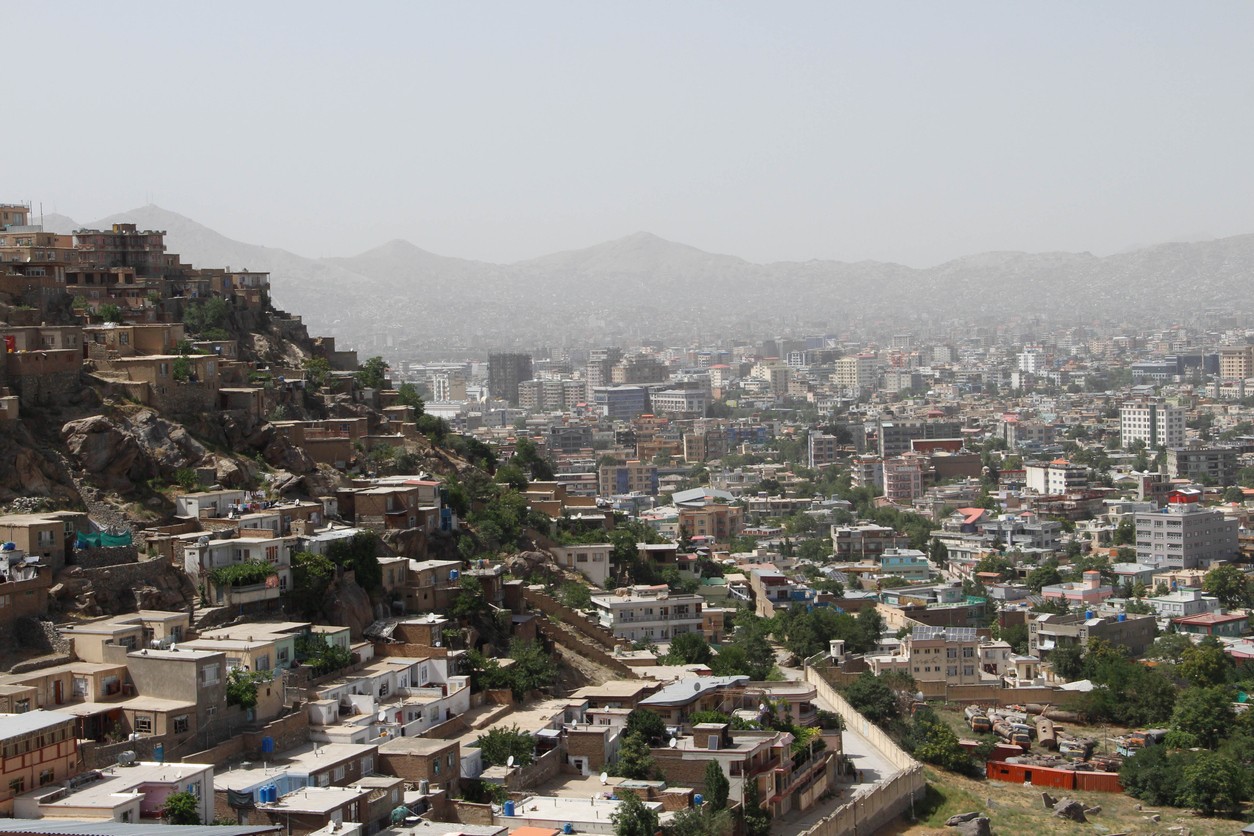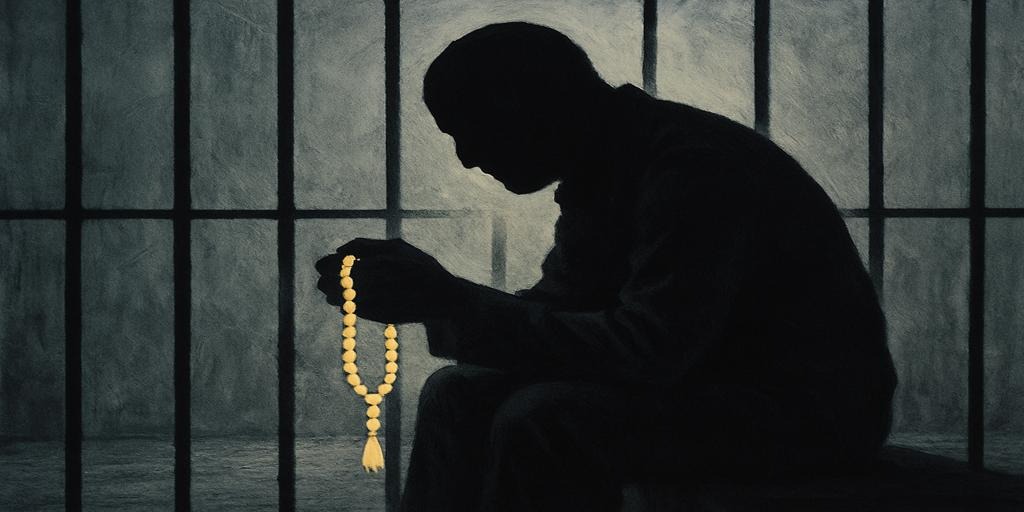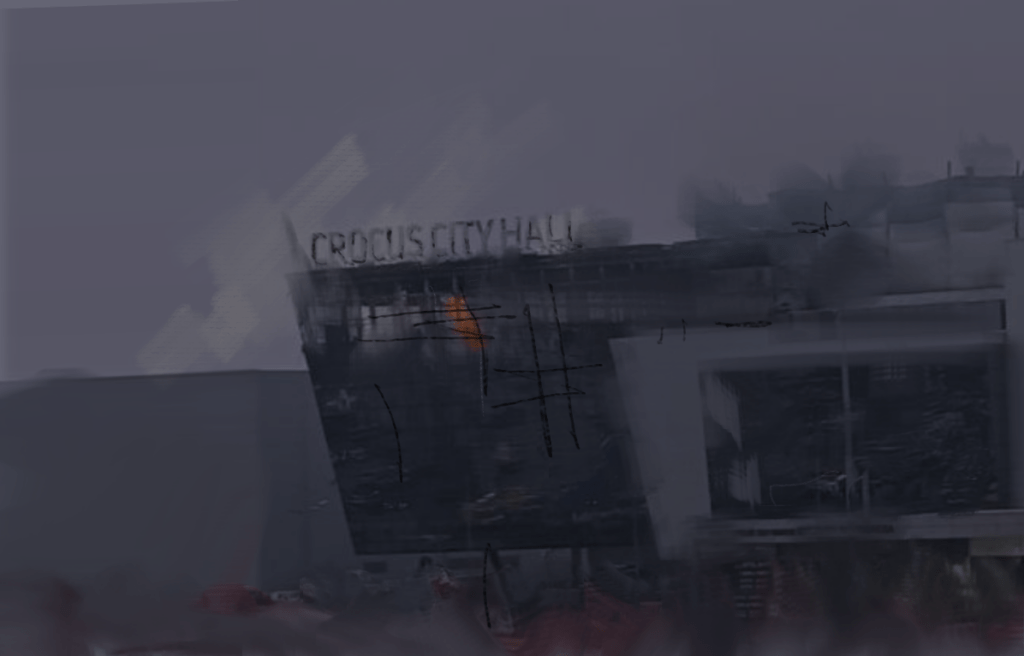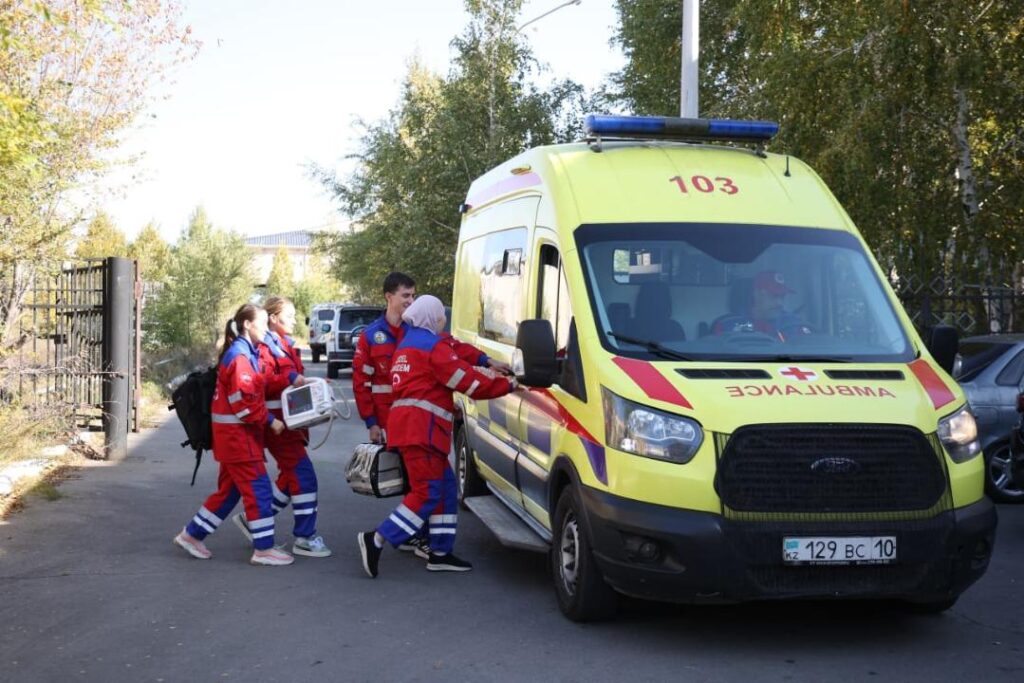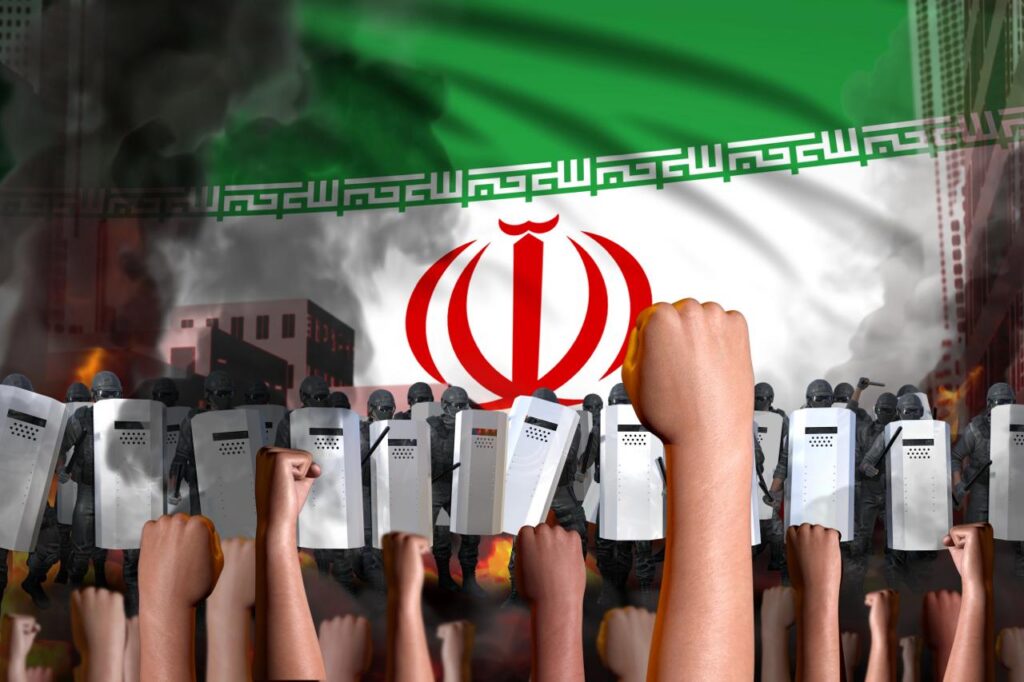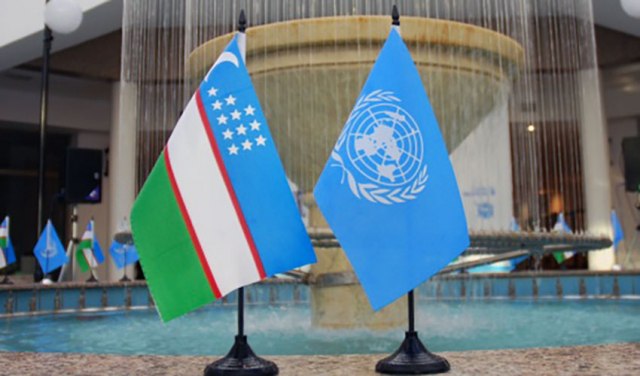On June 3, Kazakhstani President Kassym-Jomart Tokayev met with speakers of CSTO countries’ parliaments, who were in Almaty for a meeting of the Council of the CSTO Parliamentary Assembly.
At this event, Tokayev separately touched upon the situation in Afghanistan. In his view, one of the strategic tasks at this point is actively linking Afghanistan with the region. Tokayev recalled that “Kazakhstan had removed the Taliban regime from its list of terrorist organizations, basing this decision on the importance of developing trade and economic cooperation with today’s Afghanistan and the understanding that this regime is a long-term factor.”
The last bit, namely that “Kazakhstan had removed the Taliban regime from its list of terrorist organizations,” was presented by many foreign media, probably due to its simplicity, as something that had just happened. For example, the Russian-language service of Deutsche Welle reported that “the Kazakh authorities have decided to exclude the Taliban movement from the list of terrorist organizations.” Similar stories were carried by various other news media, like RFE/RL’s Kazakh service, 24.kg and Amu TV, among others.
However, some publications objectively covered Tokayev’s statement. For example, The Diplomat reported that “Tokayev explained his government’s decision in more detail,” while Sputnik India wrote that “Tokayev explained Almaty’s decision in December to drop the group from the list.” Asia-Plus ran a similar story.
Given all the noise, it would be useful to clarify the situation for readers.
The decision to exclude the Taliban from the list of banned foreign organizations was made by Kazakhstan’s Supreme Court on December 20, 2023, almost six months ago. The Taliban had been put on the list in March 2005. At that time, they were actively fighting the NATO-led international coalition, which had launched the so-called Operation Enduring Freedom in October 2001 in response to the 9/11 terrorist attack.
The Kazakhstani Foreign Ministry cited UN decisions to back up its move to take the Taliban off the terrorist list. Foreign Ministry spokesperson Aibek Smadiyarov said that “according to UN Security Council resolutions, which are binding, the Taliban movement is not included in the lists of terrorist organizations recognized as such by the UN Security Council.”
As expected, at the time the reaction was mixed. Most of the negative commentary presented it as recognition of the Taliban regime, which, in fact, is not true – it was not a unilateral act of Kazakhstan giving international legal recognition to the Taliban.
Meanwhile, another trend in the coverage of Tokayev’s recent remarks was to link Kazakhstan’s decision to remove the Taliban from its terrorist list with Russian plans to do the same. On May 27, the Russian Foreign Ministry and Justice Ministry reported to President Vladimir Putin that the Taliban movement could be excluded from the list of organizations banned in the country. Foreign Minister Sergei Lavrov remarked that this proposal “reflects a realization of reality,” adding that “[the Taliban] are the real government. We [and] our allies, especially in Central Asia, are not indifferent to Afghanistan.” In his own remarks, Putin indicated that “we are in contact with many partners, including many in the Central Asian region. We take into account the opinions of each of our partners and friends. And we will formulate this position together.”
In Kazakhstan, the Taliban have not been (legally) considered terrorists since December last year, yet Russia is just about to take this step, which could take six months or more to complete. So, who is following whose lead?
The reemergence of the topic of the Taliban being excluded from Kazakhstan’s list of terrorists allows us to compare the reactions of various sides. Overall, unlike last December, there were no impulsive reactions a la “this is recognition of terrorists.” This time, the focus was more on Moscow’s plans. Basically, reactions to Tokayev’s recent remarks can be divided into “positive” and “neutral.” In the latter case, the media simply repeated his statements.
As for the Taliban, they, of course, reacted positively. The Afghan online publication TOLOnews quoted Afghan Deputy Prime Minister Abdul Salam Hanafi, who, speaking at Kabul University, said: “The declaration made yesterday by the president of Kazakhstan regarding the Islamic Emirate of Afghanistan was a just and fair decision. We ask neighboring and regional countries to take similar actions. We want to maintain good relations with everyone.” Meanwhile, the deputy spokesperson of the Afghan Foreign Ministry noted: “Kazakhstan is an important trade and transit partner of Afghanistan in the region, and this decision will pave the way for bilateral progress and increased economic cooperation.”
TOLOnews raises the question: will Kazakhstan’s decision help Taliban-ruled Afghanistan to gain recognition? One local political analyst said that Afghan officials “should not undermine the trust that Kazakhstan, Russia, and China have in them but should rather strengthen it.” Another believes that Kazakhstan’s move “legitimizes the authority and sovereignty of the Afghan government.” As we see, the Afghan side sees Kazakhstan’s move in the context of what is the most important issue for it – international recognition.
The Diplomat, in the abovementioned article, argues that Tokayev’s remarks “broadly illustrate government sentiment toward the group across Central Asia,” which “broadly views its southern neighbor in pragmatic terms. There’s no changing the reality of the neighborhood, and so governments across the region have shifted toward engagement, with a strong emphasis on transit and trade.”
The site Modern Diplomacy, in an article titled “Taliban 3.0: Not rebels, but government,” does not comment on the news flow but suggests that the main task of Russia, the countries of the region, and the international community is to create international and regional conditions that will push the Taliban toward integration rather than radicalization. Getting rid of their terrorist status is a step in this direction and arguably unavoidable. Many countries, both in the East and in the West, may soon come to this. If Russia decides to take the Taliban off its banned organizations’ list, it will be following Kazakhstan’s lead from late 2023.
Aidar Borangaziev is a Kazakhstani diplomat with experience in diplomatic service in Iran and Afghanistan. He is the founder of the Open World Center for Analysis and Forecasting Foundation (Astana) and an expert in regional security research.
